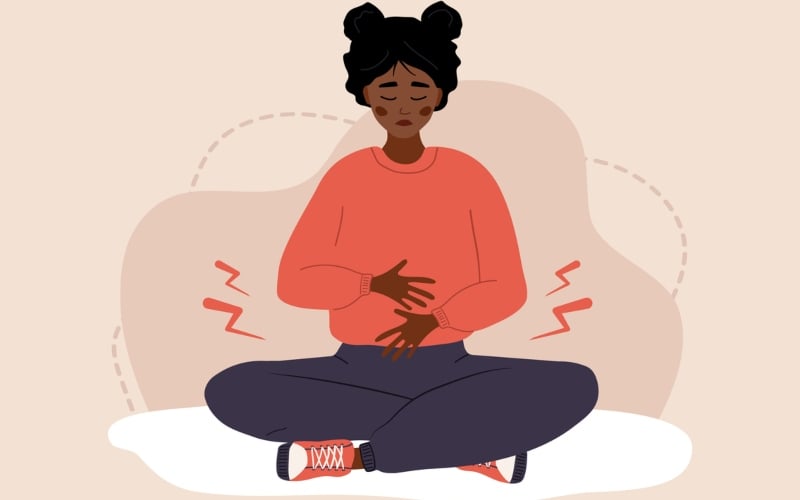A new study conducted by Neuropsychiatrist Katlyn Nemani and her colleagues has found that those with schizophrenia were two and a half times more likely to die of COVID-19 than someone who didn’t. This result was found even after the co-morbidities and other factors such as heart disease, diabetes and demographic factors were taken into account. The study, made up of over 7,000 participants from New York city, was carried out in response to psychiatrists noticing that a lot of their Covid patients had psychiatric disorders. Furthermore, not only were they making up more and more of the patient numbers, but more of them were developing more severe illness.
The result is that, at least according to this study, there is a link between mental conditions and the likelihood of developing and dying from severe COVID-19.
This isn’t the only study of its kind, however.
Other studies have found similar outcomes with those suffering from bipolar disorder and depression.
Whilst there appears to be a link, scientists can’t quite work out why this is occurring.
READ MORE: Omicron symptoms: Seven early symptoms to spot and why they differ from the Delta variant
More studies and research is therefore needed to identify exactly why this is the case because of how many people it affects.
While the result is based off of an American dataset, it is highly relevant to the UK.
According to the ONS, “Around one in five (21 percent) adults experienced some form of depression in early 2021”.
Living with Schizophrenia UK adds that in the UK, around, “one in six people will need treatment for mental health during their lifetime [and] one in 100 will suffer an episode of schizophrenia”.
Schizophrenia is a mental health condition which changes how a person thinks and behaves.
There are two types of symptoms: positive and negative symptoms.
Positive symptoms are any change in behaviour or thoughts.
Negative symptoms are where people withdraw from the world and take no interest in day to day social interactions; they may appear emotionless.
You may also be entered into a treatment method called a CPA (Care Programme Approach) that includes an assessment, care plan, a dedicated key worker and reviews of your treatment.
Most people with schizophrenia will recover but may suffer relapses which can be managed with the right support.
With a link gradually being established between mental health conditions and COVID-19, this will add another level of our understanding of COVID-19.
It will also play a role in who we decide is clinically vulnerable ahead of another potential lockdown this winter.
Source: | This article first appeared on Express.co.uk
Original Article










